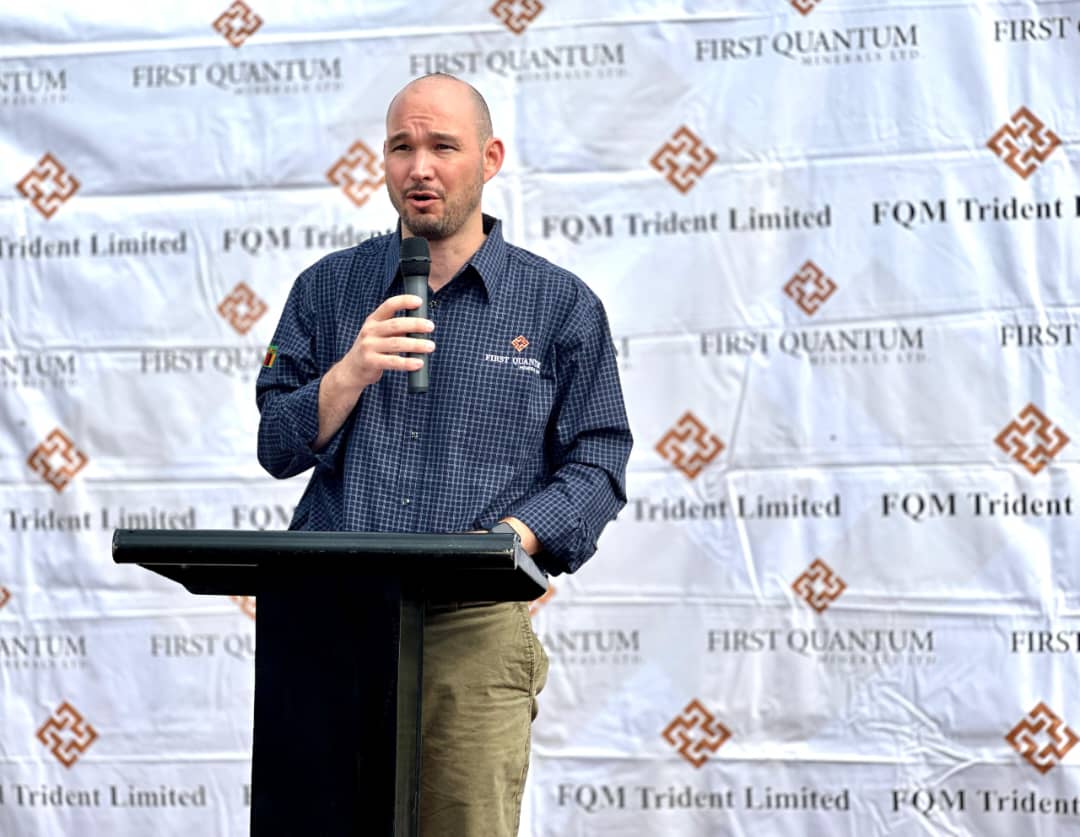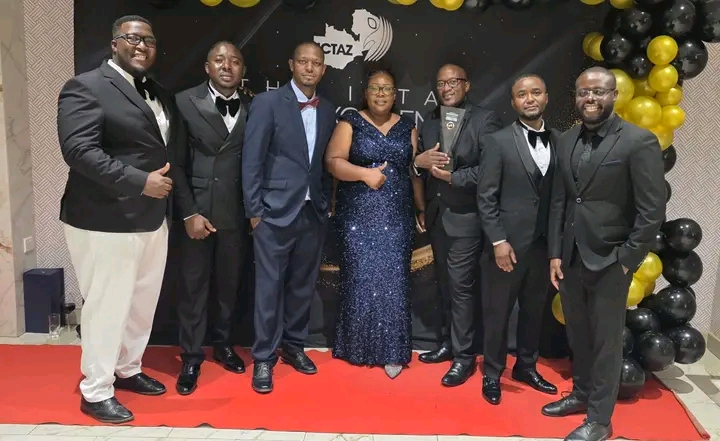The U.N.’s climate chief called on leaders of the world’s biggest economies on Saturday to send a signal of support for global climate finance efforts when they meet in Rio de Janeiro next week, to help trigger a deal at COP29 talks.
The plea, made in a letter to G20 leaders from top U.N. climate official Simon Stiell, comes as negotiators at the COP29 conference in Baku struggle for a deal intended to scale up money to address the worsening impacts of global warming.
“Next week’s summit must send crystal-clear global signals,” Stiell, executive secretary of the United Nations Framework Convention on Climate Change, said in the letter.
He said they should support an increase in grants and loans, along with debt relief, so vulnerable countries “are not hamstrung by debt servicing costs that make bolder climate actions all but impossible”.
Business leaders echoed Stiell’s plea, saying they were concerned about the “lack of progress and focus in Baku”.
“We call on governments, led by the G20, to meet the moment and deliver the policies for an accelerated shift from fossil fuels to a clean energy future, to unlock the essential private sector investment needed,” a coalition of business groups said in a separate letter.
The groups included the We Mean Business Coalition, United Nations Global Compact and the Brazilian Council for Sustainable Development.
Ana Toni, a Brazilian climate official, told a press conference she was hoping for “a very strong signal on climate” from the G20 meeting, saying it was vital to the Baku talks.
ANNUAL FINANCE TARGET
Success at this year’s U.N. climate summit hinges on whether countries can agree on a new annual finance target for richer countries, development lenders and the private sector. Developing countries need at least $1 trillion a year by the end of the decade to cope with climate change, economists told the U.N. talks.
But negotiators have made slow progress, midway through the two-week conference. A draft text of the deal, which earlier this week was 33-pages long and comprised of dozens of wide-ranging options, had been pared down to 25 pages as of Saturday.
Sweden’s climate envoy, Mattias Frumerie, told Reuters the finance negotiations had not yet cracked the toughest issues: how big the target should be, or which countries should pay.
“The divisions we saw coming into the meeting are still there, which leaves quite a lot of work for ministers next week,” he told Reuters.
Samir Bejanov, COP29’s deputy lead negotiator, urged nations to get beyond their differences.
“Over the last few days, some people have doubted whether collectively we can deliver. It’s time for the negotiators to start proving them wrong,” he told reporters.
European negotiators have said large oil-producing nations including Saudi Arabia are also blocking discussions on how to take forward last year’s COP28 summit deal to transition the world away from fossil fuels.
Saudi Arabia’s government did not immediately respond to a request for comment.
Progress on this issue has been dire so far, one European negotiator told Reuters.
Uganda’s energy minister, Ruth Nankabirwa, said her country’s priority was to leave COP29 with a deal on affordable financing for clean energy projects.
“When you look around and you don’t have the money, then we keep wondering whether we will ever walk the journey of a real energy transition,” she told Reuters.








